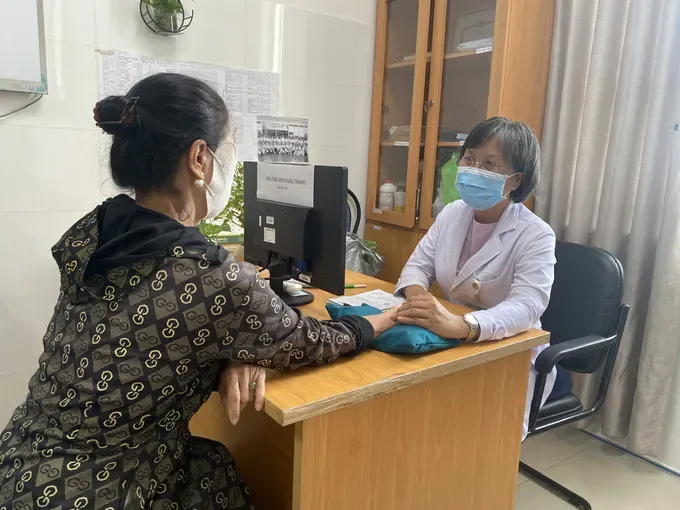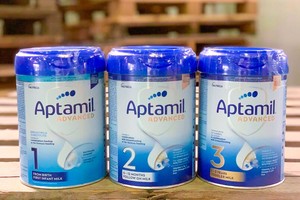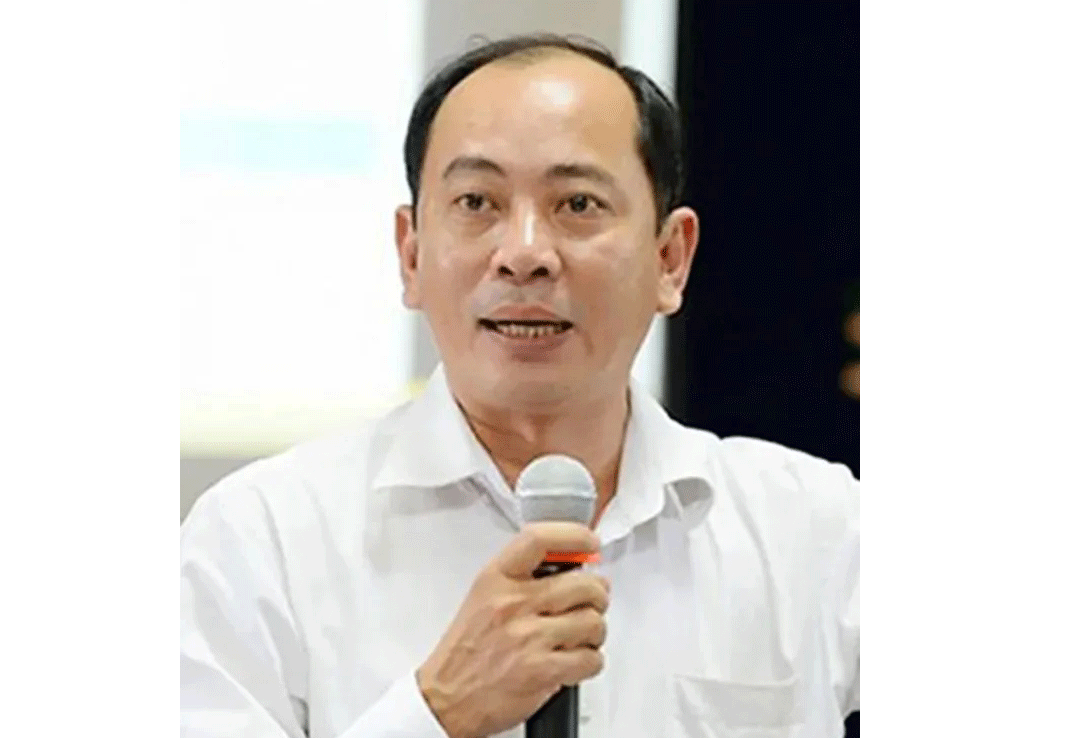
The decision aims to reduce cost disparities, enhance transparency, and ensure equitable access to healthcare for all residents.
Following the recent rearrangement of administrative units, many public hospitals and clinics within the city have been operating with different fee structures for the same medical services. This inconsistency created confusion for residents, who had to pay varying costs depending on their location, and complicated the process of health insurance claims. According to healthcare experts, the new resolution addresses these issues by providing a clear and uniform list of services, technical procedures, and inpatient bed fees.
This standardization means that residents will no longer have to worry about different prices at different public hospitals. The unified pricing system will also enable health insurance providers to manage their funds more effectively, preventing losses and ensuring resources are properly allocated to patient care. By making public healthcare service fees transparent, the resolution empowers residents to understand their rights and responsibilities. This policy is also expected to strengthen management within the healthcare sector, curb unauthorized charges, and ultimately build greater public trust in the public healthcare system.
Dr. Lam Tuan Tu, Director of Vung Tau General Hospital, said that Resolution 399 has contributed significantly to creating a transparent and fair medical examination and treatment environment, with good cost control, helping patients easily choose the type of treatment that suits their financial ability by choosing between regular medical examination or on-demand medical examination, and can easily access high-quality medical services. Patients will know exactly the costs to pay, limit unreasonable additional fees, thereby ensuring the legitimate rights of patients.
According to Dr. Diep Bao Tuan, Director of Ho Chi Minh City Oncology Hospital, the new price is relatively close to the actual cost, thereby creating conditions for medical facilities to reinvest, improve facilities, and enhance professional capacity. Along with price adjustment, the quality of medical examination and treatment services, and the service spirit of the medical team will be increasingly improved, meeting the growing and diverse needs of society.
Resolution 399 not only unifies prices but also demonstrates the city's responsibility in protecting the legitimate rights of the people, especially the vulnerable who depend heavily on health insurance. When prices are unified, people will no longer have to choose hospitals based on cost, but can focus on service quality.
This is an important factor in creating fairness and also a motivation for hospitals to improve their professional qualifications. In addition, transparency and uniformity in prices help increase monitoring efficiency, limiting overcharging. Social insurance agencies also make it easier to pay, contributing to strengthening the sustainability of the health insurance fund - the main pillar in social security policy.
Healthcare leaders are voicing strong support for the HCMC People's Council-approved Resolution, which standardizes medical fees across public healthcare facilities in Ho Chi Minh City. They say the move is a necessary and timely measure that will benefit both hospitals and the public.
Dr. Duong Thanh, Director of Ba Ria Hospital, stated that unifying and publicizing medical fees after the recent administrative restructuring is a crucial step. This policy will not only make fee collection more convenient for healthcare facilities but also provide a sense of comfort and predictability for patients.
Dr. Duong Thanh noted that since the new fees remain unchanged from the previous ones in the Ba Ria-Vung Tau Province, the measure will help ensure social stability by preventing medical costs from increasing after the administrative rearrangement.
























